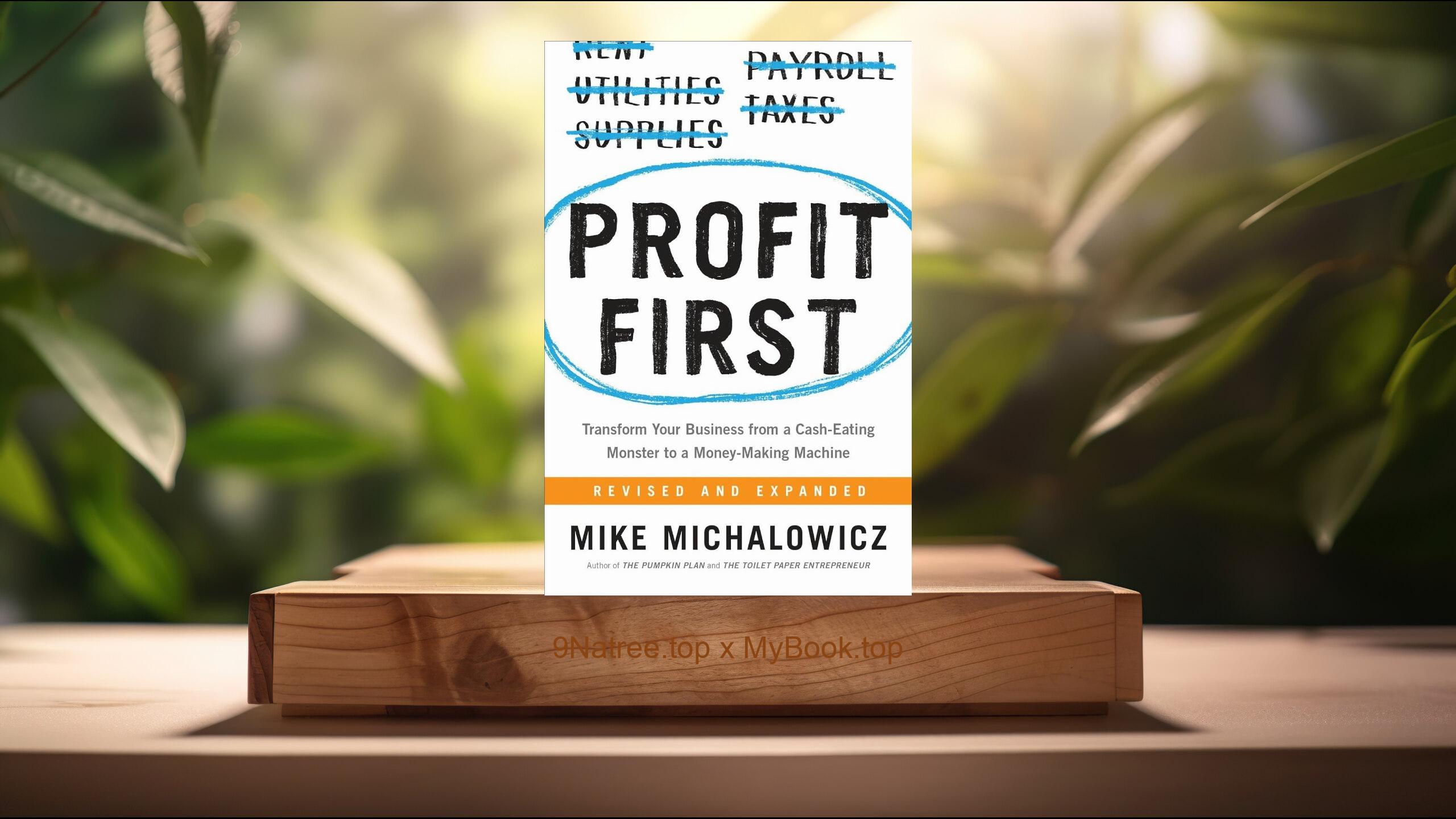Show Notes
- Amazon US Store: https://www.amazon.com/dp/0465060730?tag=9natree-20
- Amazon Worldwide Store: https://global.buys.trade/Basic-Economics-Thomas-Sowell.html
- Apple Books: https://books.apple.com/us/audiobook/basic-economics-a-citizens-guide-to-the-economy/id1646066991?itsct=books_box_link&itscg=30200&ls=1&at=1001l3bAw&ct=9natree
- eBay: https://www.ebay.com/sch/i.html?_nkw=Basic+Economics+Thomas+Sowell+&mkcid=1&mkrid=711-53200-19255-0&siteid=0&campid=5339060787&customid=9natree&toolid=10001&mkevt=1
- Read more: https://mybook.top/read/0465060730/
#EconomicPrinciples #FreeMarket #ThomasSowell #SupplyandDemand #GovernmentInterventions #PropertyRights #ProfitandLoss #BasicEconomics
These are takeaways from this book.
Firstly, The Role of Prices, In 'Basic Economics', Thomas Sowell places significant emphasis on the role of prices in the economy. Prices, as Sowell illustrates, are not just arbitrary numbers but signals that convey essential information about the scarcity and value of resources. They help consumers and producers make informed decisions about consumption, production, and distribution. Sowell argues that price fluctuations are a natural outcome of the changing balance between supply and demand. Through various examples, he shows how interference in price mechanisms, such as price controls, can lead to unintended consequences like shortages or surpluses. This section of the book is critical for understanding how economies attempt to efficiently allocate scarce resources.
Secondly, The Function of Profit-and-Loss, Thomas Sowell delves into the function of the profit-and-loss system within the market economy, portraying it as a vital mechanism that signals to businesses whether they are effectively meeting consumers' needs. Profits indicate a demand for what a business offers, encouraging expansion or continuation, whereas losses signal the opposite, prompting a business to adapt or exit the market. This system fosters innovation and efficiency, as companies are incentivized to minimize costs and maximize value. Sowell's discussion clarifies the often-misunderstood notion of profit, showing how it plays a crucial role in guiding resources towards their most valued uses in society.
Thirdly, The Impact of Government Interventions, Sowell critically examines the role of government interventions in the economy, analyzing both their intended and unintended consequences. He discusses various forms of government involvement, from subsidies and tariffs to regulations and taxes, illustrating how such interventions can often disrupt the natural balance of the market. Sowell uses historical and contemporary case studies to demonstrate how interventions can lead to inefficiencies, like distorted prices and misallocated resources, ultimately harming the very groups they were meant to protect. This chapter is crucial for understanding the delicate balance between necessary government oversight and the benefits of a free-market economy.
Fourthly, The Importance of Property Rights, Sowell emphasizes the critical role of property rights in fostering economic prosperity and social stability. He presents evidence that strong and clear property rights are foundational to successful economic systems because they provide individuals with the security to invest, innovate, and enter into voluntary exchanges. Property rights also play a key role in resource conservation, as owners have a vested interest in maintaining the value of their property. By comparing economies with varying degrees of property rights protections, Sowell illustrates how those with stronger protections tend to have higher levels of economic development and individual wealth.
Lastly, Global Economic Principles, In addressing global economic principles, Sowell transcends national borders to examine how the economic foundations he discusses apply worldwide. He looks at international trade, globalization, and the economic consequences of geopolitical shifts. By showcasing how free trade benefits countries by allowing specialization and access to a broader market, Sowell counters protectionism and illustrates economic interdependence among nations. This global perspective highlights the universality of economic principles, demonstrating that despite cultural and governmental differences, the basic workings of supply and demand, and the benefits of open markets, are applicable worldwide.
![[Review] Basic Economics (Thomas Sowell) Summarized](https://episodes.castos.com/660078c6833215-59505987/images/1863923/c1a-085k3-v6z48w1duk79-uezb6o.jpg)




